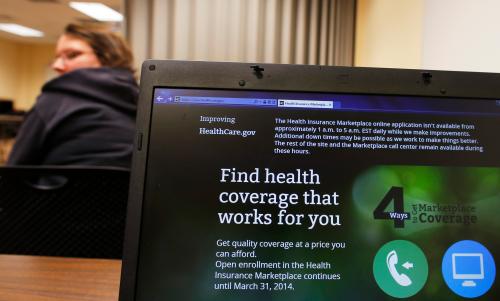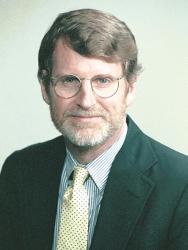

10:00 am EST - 12:00 pm EST
Past Event
10:00 am - 12:00 pm EST
1775 Massachusetts Avenue NW
Washington, DC
20036
The Affordable Health Care Act (ACA)—also known as “Obamacare”—has been called the most important social policy legislation in decades. The law aims to expand health coverage by making insurance affordable and available to most Americans while also improving the quality of care and bending the health care cost curve. But it has also been the subject of controversy in how it accomplishes those goals, given that changing the distribution of incomes was not a stated objective. Nonetheless, the ACA does more to reduce income inequality than any other recently enacted legislation.
On January 27, Economic Studies at Brookings hosted an event to present the results of a study on how a large an impact the law will have on the amount and form of income for millions. Senior Fellows Henry Aaron and Gary Burtless presented new research on who gains and who loses and how much they gain or lose, which was followed by a panel discussion with former Congressional Budget Office Director and George W. Bush economist Douglas Holtz-Eakin, former trustee for the Social Security and Medicare trust funds Marilyn Moon, and Princeton professor Uwe Reinhardt.
Related Content

Henry J. Aaron, Gary Burtless
January 27, 2014


Caren Grown
March 6, 2025

John W. McArthur, Zia Khan, Jacob Taylor, Clea McElwain
March 3, 2025

Mary-Ann Etiebet, Anne-Marie Slaughter, Lia Tadesse Gebremedhin, Gordon LaForge, Alaa Murabit, Nina Schwalbe
February 20, 2025